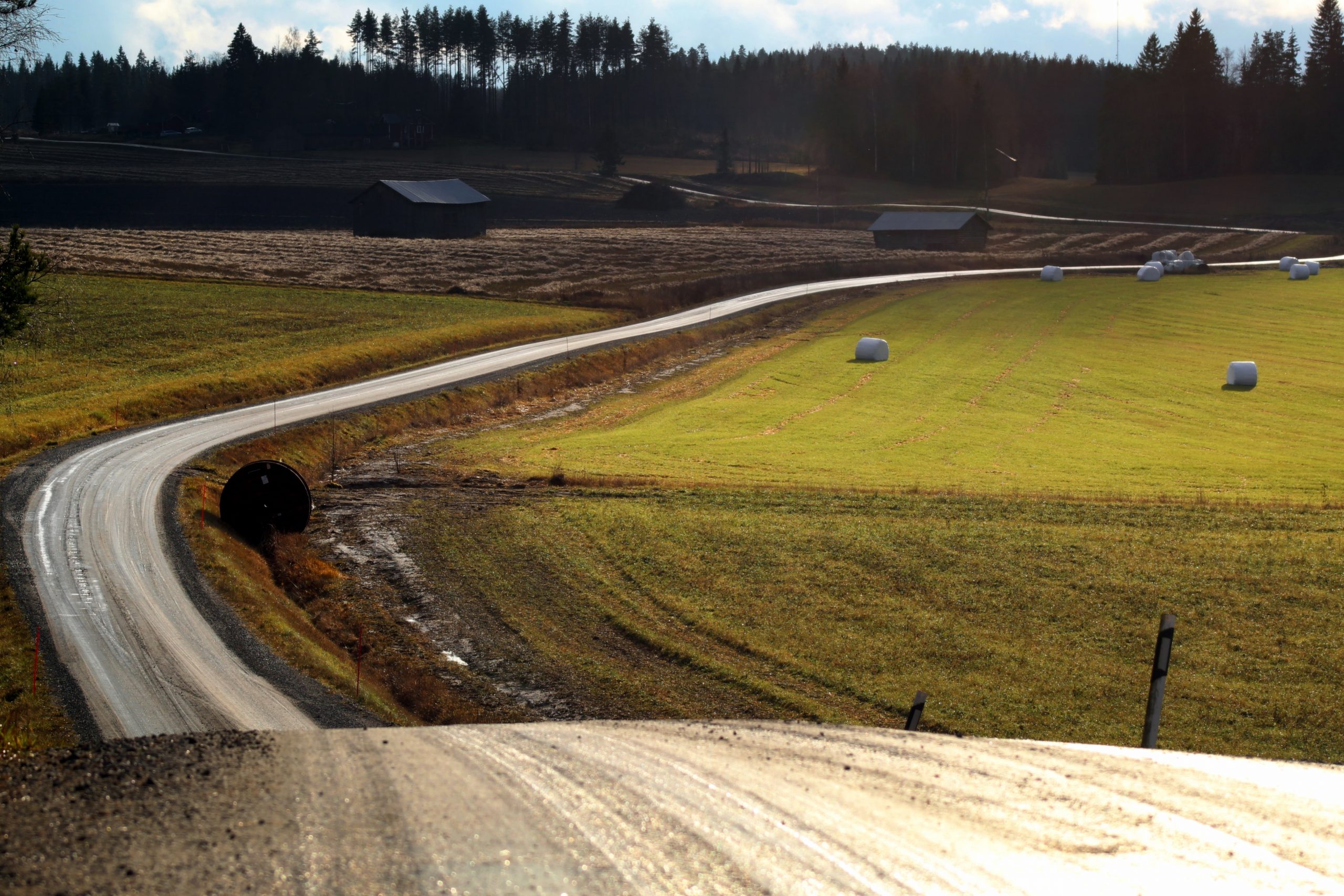
Enabling Better Access to Federal Transportation Funds for Small and Rural Communities
Summary
Most federal transportation funds are distributed to state and regional transportation entities by a legislatively set formula for different types of transportation. An exception to this rule is the U.S. Department of Transportation’s (USDOT) Better Utilizing Investments to Leverage Development (BUILD) Transportation Discretionary Grants program (formerly known as the TIGER program). The BUILD program is extremely flexible, with funding available for any kind of surface-transportation project and any government agency, and it the only transportation program that provides direct capital support to local transportation projects. This flexibility has made the BUILD program incredibly popular, receiving 10 times more applications than can be funded. However, the application process is extensive and can require outside assistance to produce, making the application itself too expensive for some areas to take on, especially considering the high level of competition. USDOT should create a simpler application that most public agencies can manage with internal staff to make the program more universally available to communities of all sizes and levels of capacity.
FAS is launching the Center for Regulatory Ingenuity (CRI) to build a new, transpartisan vision of government that works – that has the capacity to achieve ambitious goals while adeptly responding to people’s basic needs.
This runs counter to public opinion: 4 in 5 of all Americans, across party lines, want to see the government take stronger climate action.
Cities need to rapidly become compact, efficient, electrified, and nature‑rich urban ecosystems where we take better care of each other and avoid locking in more sprawl and fossil‑fuel dependence.
Hurricanes cause around 24 deaths per storm – but the longer-term consequences kill thousands more. With extreme weather events becoming ever-more common, there is a national and moral imperative to rethink not just who responds to disasters, but for how long and to what end.